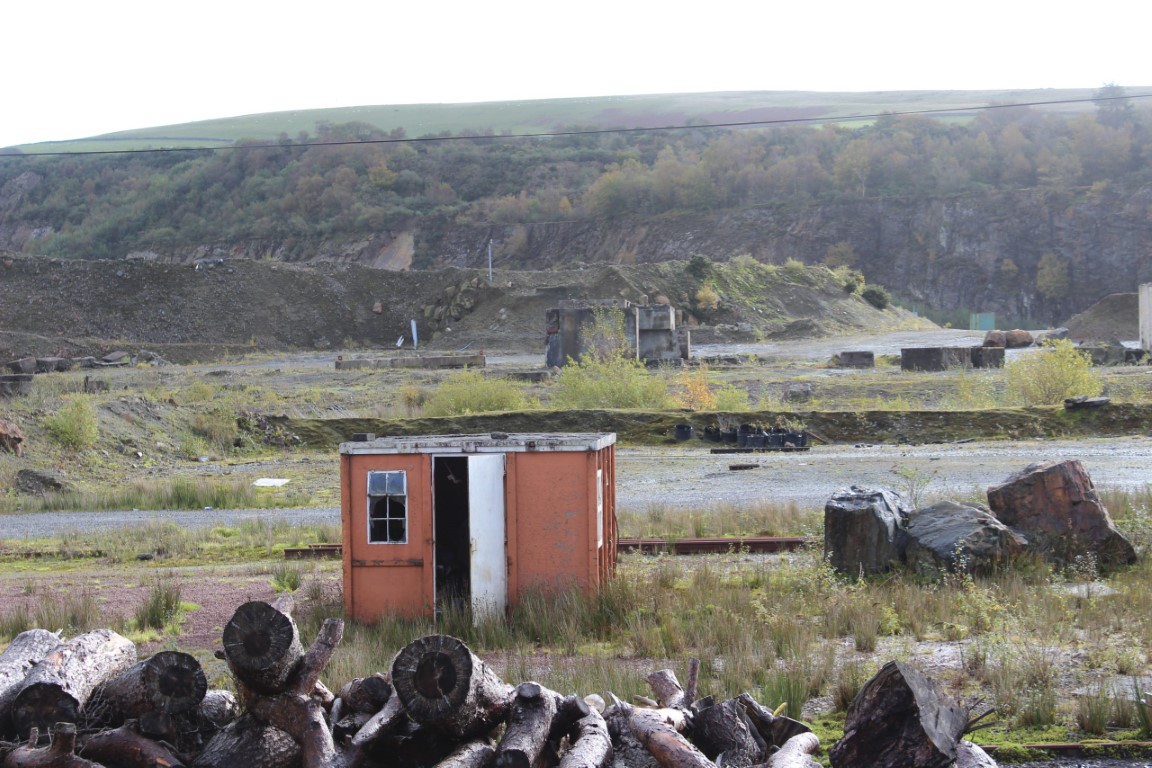In 1921, Granulite Works Glass Company opened a quarry at Meldon. To produce the best glass possible, they recruited German and Dutch workers.
Until the early 20th century the process of glassmaking was dominated by European manufacturers. When the Granulite Works Glass Company opened a quarry at Meldon, there was no local workforce with the necessary experience and skills. The solution was to bring over a small number of skilled German and Dutch workers to train local young people.
The factory went into production manufacturing medicine and cosmetic bottles. However, it was difficult to produce sufficiently clear glass on a regular basis and in February 1921 about 100 men working in the factory were laid off.
Victorian workers had little rights and research found the story of Engbert Wander Roosien who had been employed at the Meldon Glassworks from 1920-1921. After losing his job, Engbert travelled to London with a local woman. While in London their circumstances became so poor that Roosien was repatriated by the Dutch authorities in May 1926, leaving the woman stranded with four children.
In September 1927 he arrived back in Okehampton (reunited with his family) where it was found that his papers were not in order. Along with his young family he was sent to the workhouse, which still stands today and can be found near the West Okement River on the outskirts of the town.
Read Roosien’s full story here.

